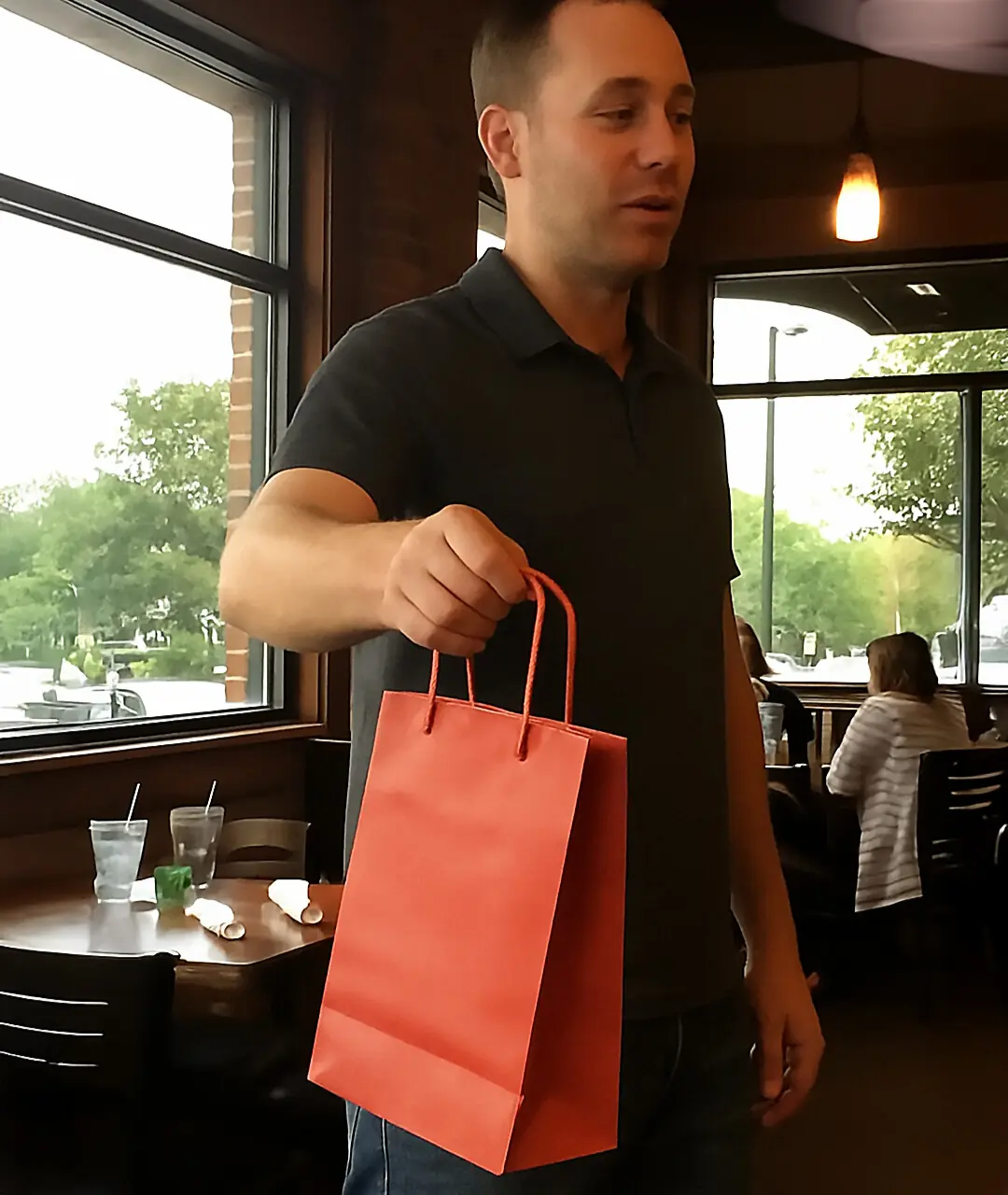
My Brother's Fiancée Demanded Our Family's Inheritance for Her Kids — I Said Yes, Then Asked One Question That Shut Her Down
They say money doesn’t change people—it just reveals who they really are. I never fully understood that until the night my brother’s fiancée tried to claim a part of our family inheritance for her kids. I stayed quiet, listened carefully, and then asked her one question that ended the conversation for good.
Growing up, my older brother Daniel and I were incredibly close, even with a six-year age gap between us. He was my hero. He taught me how to ride a bike, how to skip stones across the lake, and how to defend myself against bullies without ever raising a fist. He was my compass.
Even as adults, we made it a point to stay connected. Weekly coffee dates, Sunday calls, and showing up to every birthday and holiday. Our bond had always been unshakeable—until he met Lauren.
When Daniel introduced Lauren to us two years ago, I tried to be supportive. She was striking, well-spoken, and made Daniel light up in a way I hadn’t seen before. I wanted to believe she was the real thing.
She had two kids from a previous relationship—a bright-eyed six-year-old girl and a lively eight-year-old boy. They were polite during that first visit, and my parents went out of their way to make them feel welcome. Kid-friendly snacks, backyard games, you name it.
“I think she might be the one,” Daniel said to me afterward, his voice soft but hopeful.
I smiled and told him I was happy for him, but in truth, something about her didn’t sit right. It wasn’t anything obvious. It was in the way she smiled too long when our mom showed her old family photo albums. The way she asked too many questions about our grandparents’ lake house during her very first dinner with us. Like she was calculating something.
But Daniel always brushed it off. “She just needs time,” he’d say. Maybe I was being overprotective. Maybe I wasn’t.
Months passed, and Daniel proposed. Lauren said yes, of course.
Our parents went full speed into wedding planning. Mom dove into table settings and dress shopping, while Dad discussed booking the country club for the reception. I agreed to be a bridesmaid. We all played our roles, smiled through dinners, and kept things civil.
But there was always a distance—something we didn’t speak about. A wall Lauren never tried to climb.
One day, while folding laundry in the bedroom I grew up in, my mom asked carefully, “What do you think of Lauren’s kids?”
“They seem like good kids,” I answered truthfully. “Why?”
She hesitated before saying, “Daniel mentioned they’ve started calling him ‘Daddy.’ He seemed a little... unsure about it.”
I paused. “Did Lauren encourage that?”
“He didn’t say,” Mom replied, folding a towel with more force than necessary. “I just hope he’s thinking this through.”
Tension hovered beneath the surface, never exploding but never fully disappearing either. I could see it in Daniel’s eyes during dinner when Lauren made casual remarks like, “When the kids are finally part of the family fortune,” or “It’ll be nice for them to grow up with some real stability.”
She said those things like facts—not hopes.
Then came Easter.
Lauren arrived alone. Her kids were with their father that weekend. At first, dinner was lovely. Mom’s apple pie was in the oven, the house smelled like cinnamon, and laughter echoed over shared memories. Then, as we sat down for dessert, I noticed Lauren straighten in her seat, her face settling into a rehearsed kind of seriousness.
She placed her napkin gently on the table and cleared her throat. Everyone fell silent.
“There’s something we need to discuss before the wedding,” she said. “It’s about the prenup.”
Daniel visibly tensed beside her.
“We agreed to talk about this privately,” he murmured.
She ignored him.
“I think it’s incredibly disrespectful that Daniel wants a prenup. And what’s worse is the whole family seems to think my kids shouldn’t be included in any inheritance. How can you all sit here and act like that’s okay?”
The table was quiet. My dad kept his eyes on his plate, while Mom fidgeted with the edge of her placemat.
I spoke calmly. “Lauren, your kids aren’t Daniel’s biological children. That doesn’t mean we don’t care about them. But they’re not entitled to the family inheritance.”
Lauren scoffed. “Are you kidding me? They’re going to be his kids. That makes them family. What kind of cold people treat their brother’s children like outsiders?”
I stayed calm. “Inheritance in our family passes to direct descendants. That’s how it’s always been. That doesn’t mean your kids won’t be loved or supported.”
“But it does mean they get nothing,” she snapped. “While your children—your precious bloodline—get houses, land, investments? That’s sick.”
Daniel tried to placate her. “I’ve already started setting up college funds for them.”
She yanked her hand away from his. “College funds? While your niece and nephews inherit real wealth? That’s not fair!”
My mother finally spoke, voice trembling with restraint. “We’re not trying to hurt you or the children, Lauren. This is just how the family has always handled things.”
Lauren stared around the table with barely concealed fury. “You either accept my children as part of this family in every way, or you don’t. And if you don’t, I’m not signing any prenup.”
She waited for someone to challenge her.
So I did.
I looked her straight in the eye. “Okay,” I said. “Let’s make it fair.”
Everyone blinked in surprise, especially Lauren. She leaned back with a smug smile, thinking she’d won.
“But first,” I added, “just one question.”
She nodded warily. “Go on.”
“If Daniel and I have children one day... will your parents, or your ex’s parents, include them in their inheritance?”
She blinked. “What?”
“It’s a simple question. Will your family leave something for our kids?”
“Of course not,” she said quickly. “That’s not how it works.”
“Exactly,” I said. “That’s not how it works.”
Silence. Heavy, undeniable silence.
She flared up. “That’s different!”
“How?” I asked. “Aren’t we all supposed to be one big family? Or does that only apply when it benefits you?”
Her eyes narrowed. She stood so fast her chair scraped the floor. “Don’t twist my words. My children shouldn’t be treated like second-class citizens!”
“You’re marrying my brother. Not our inheritance,” I said firmly. “Your children are your responsibility. Demanding access to something that isn’t yours? That’s not how love works. That’s how entitlement works.”
Daniel looked like a man who’d just had a weight lifted from his shoulders. He glanced at me with something close to gratitude.
Lauren sat back down but didn’t say another word for the rest of the meal.
After dinner, my parents quietly slipped into the kitchen, and I leaned in, looking Lauren in the eyes.
“We’ve drawn our line. If you bring this up again, the wedding won’t be the only thing that’ll need reconsidering.”
Three weeks later, Daniel called. He said the wedding was postponed. That he was "re-evaluating some priorities."
He thanked me for standing up for him.
Since then, not a word has been said about inheritance. But Lauren looks at me differently now—like someone who knows I see straight through her. And I do.
Because family isn’t about what you take. It’s about what you give.
News in the same category

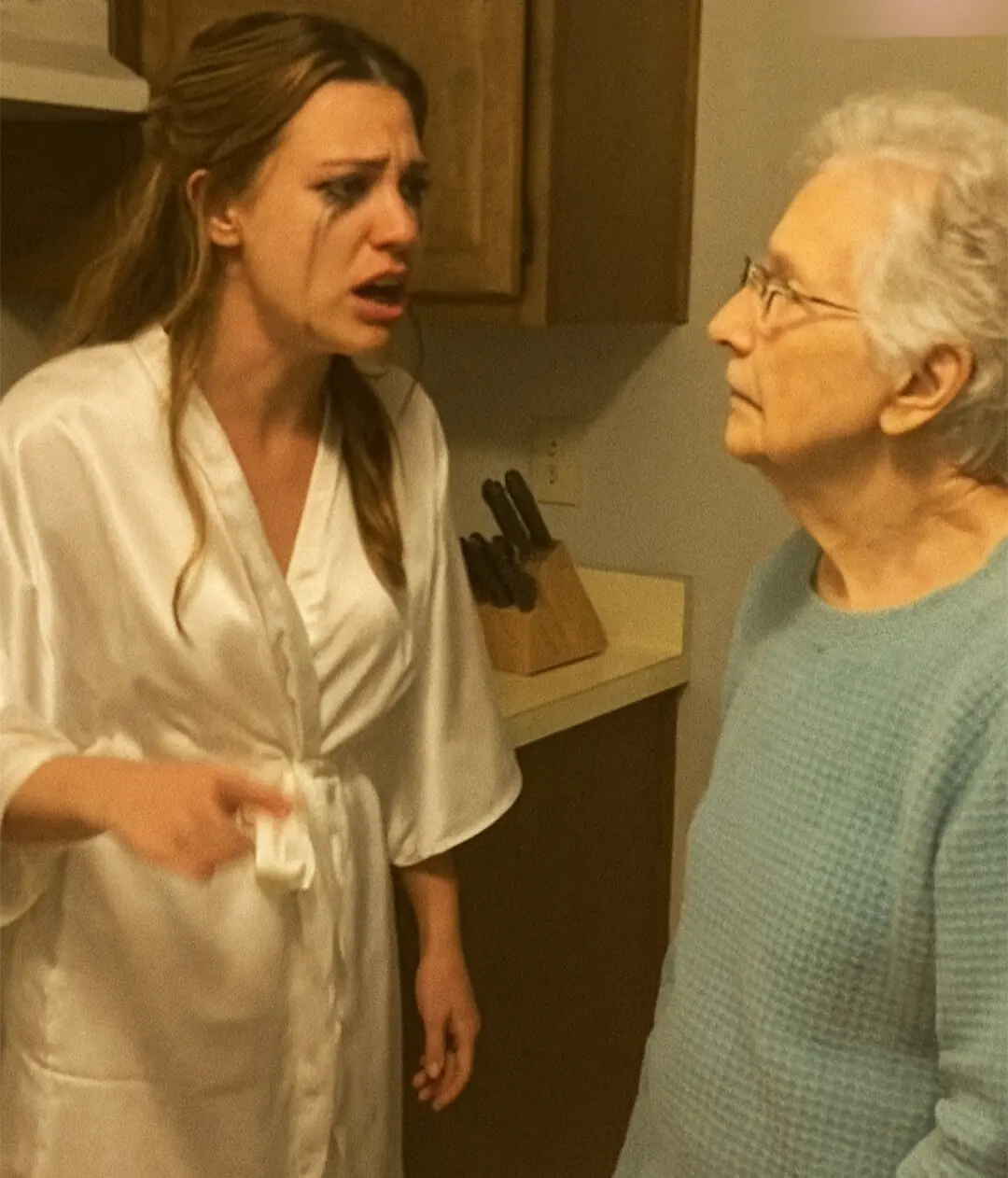
My Granddaughter Said Her Wedding Was 'For Her Friends' and Didn't Invite Me—Then She Found Out What I Was Going to Give Her
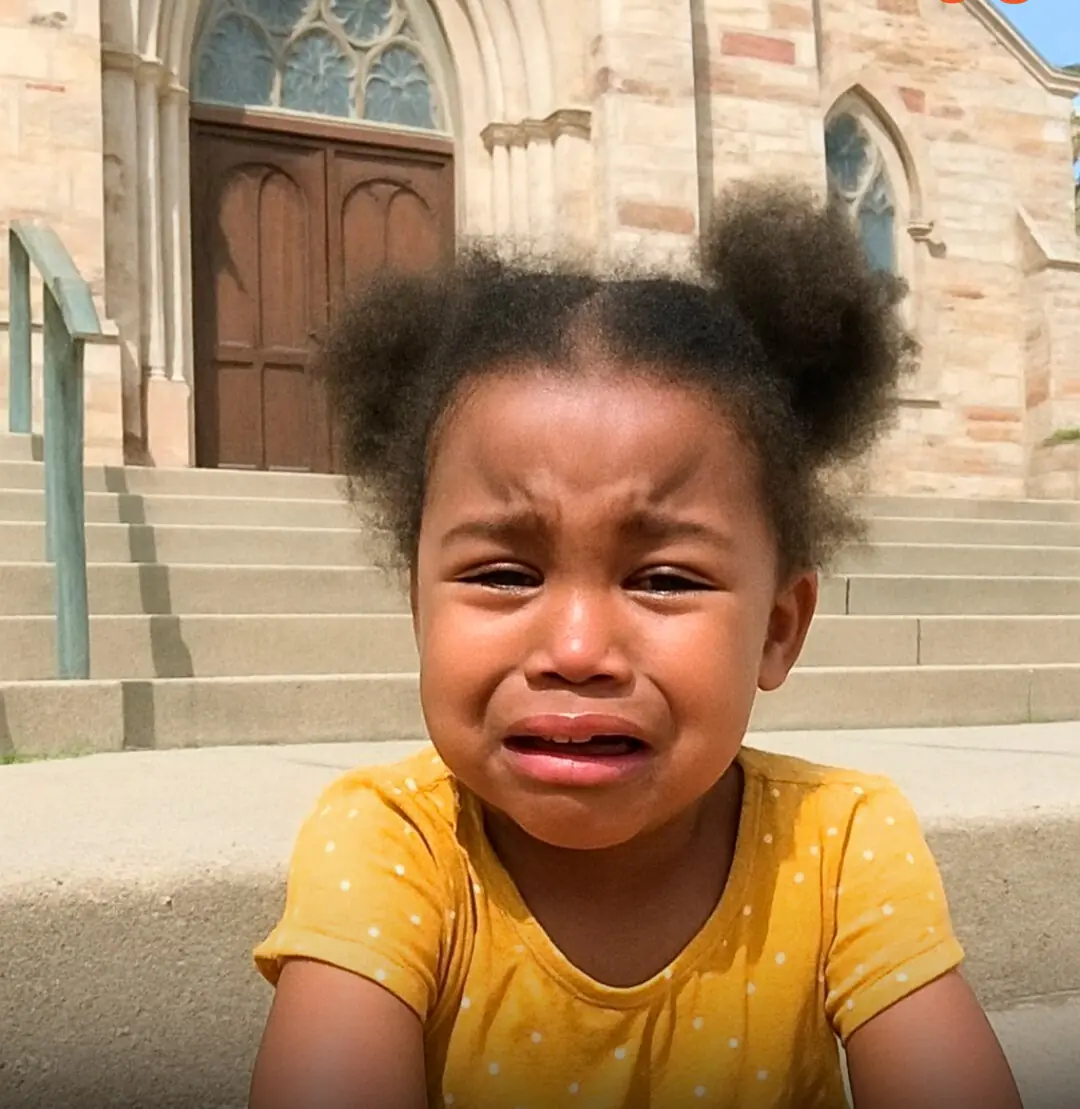
I Took an Abandoned Girl from Church on Easter Only to Uncover My MIL’s Deepest Secret
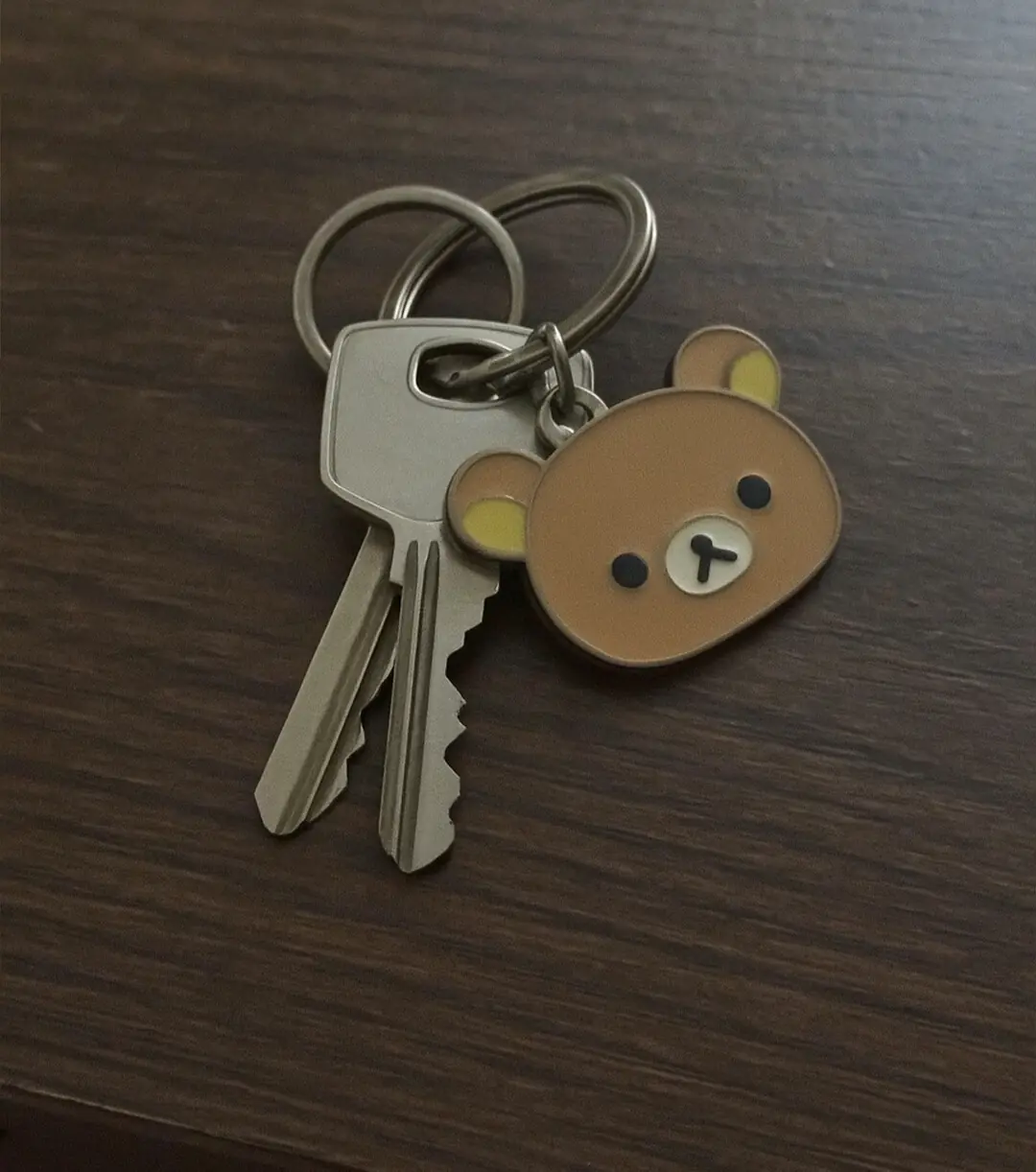
My MIL Demanded I Give Her a Key to Our House Because 'That's What Good DILs Do'
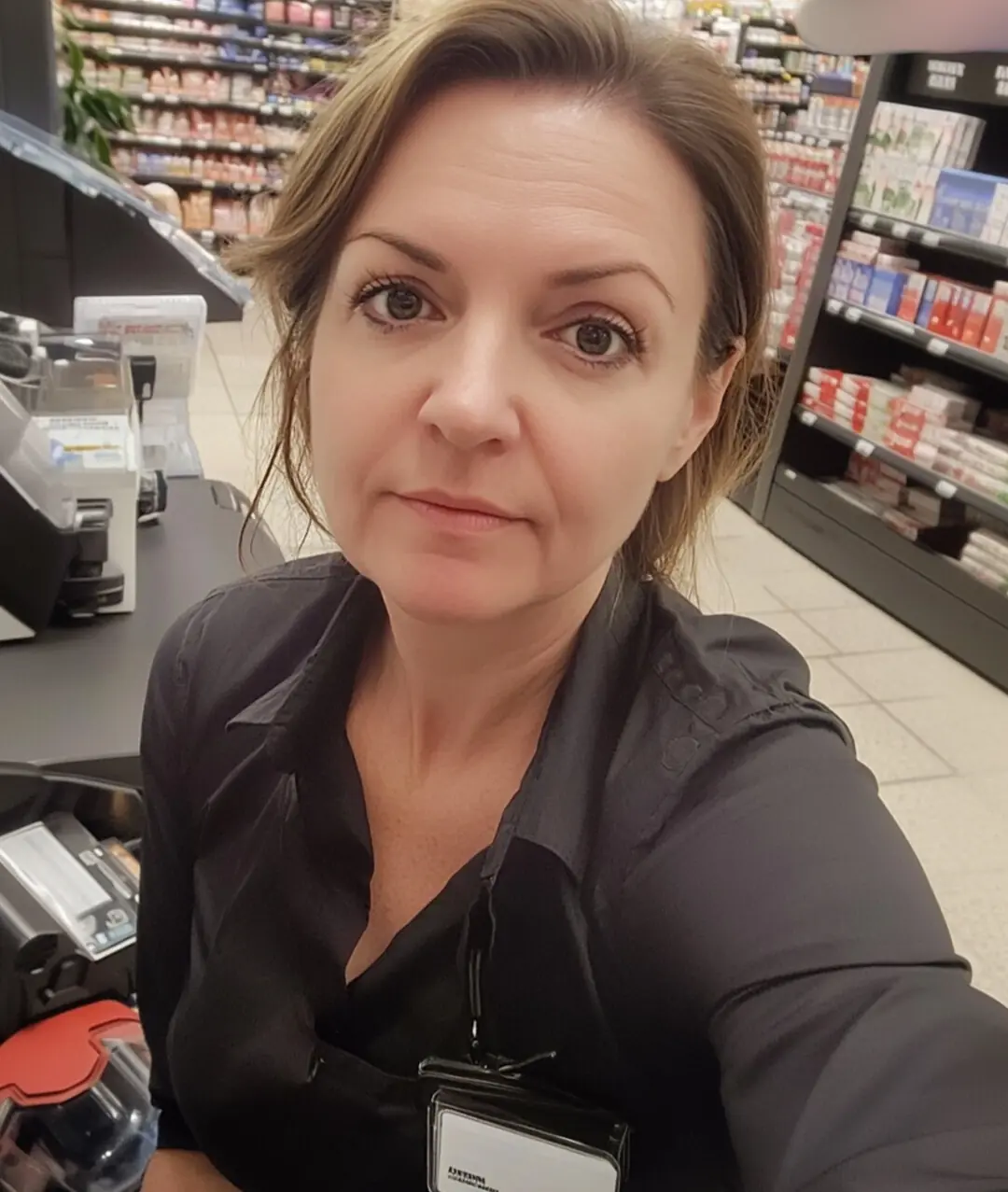
Little Girl is Caught Stealing, but When the Cashier Learns Why, She Makes an Unthinkable Decision
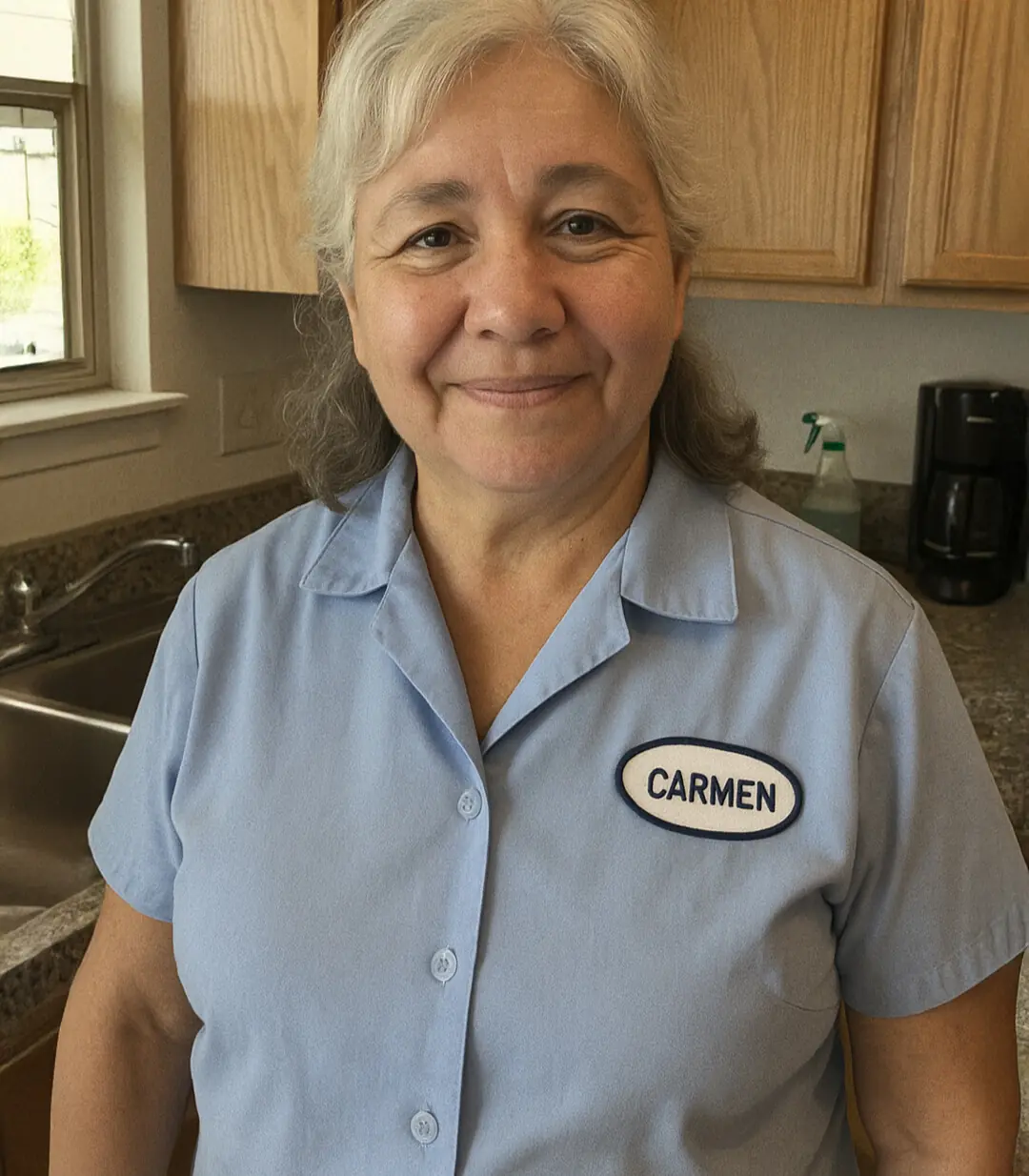
My Daughter Said I Could Only Come to Her Graduation If I 'Dressed Normal' Because She Was Ashamed of Me
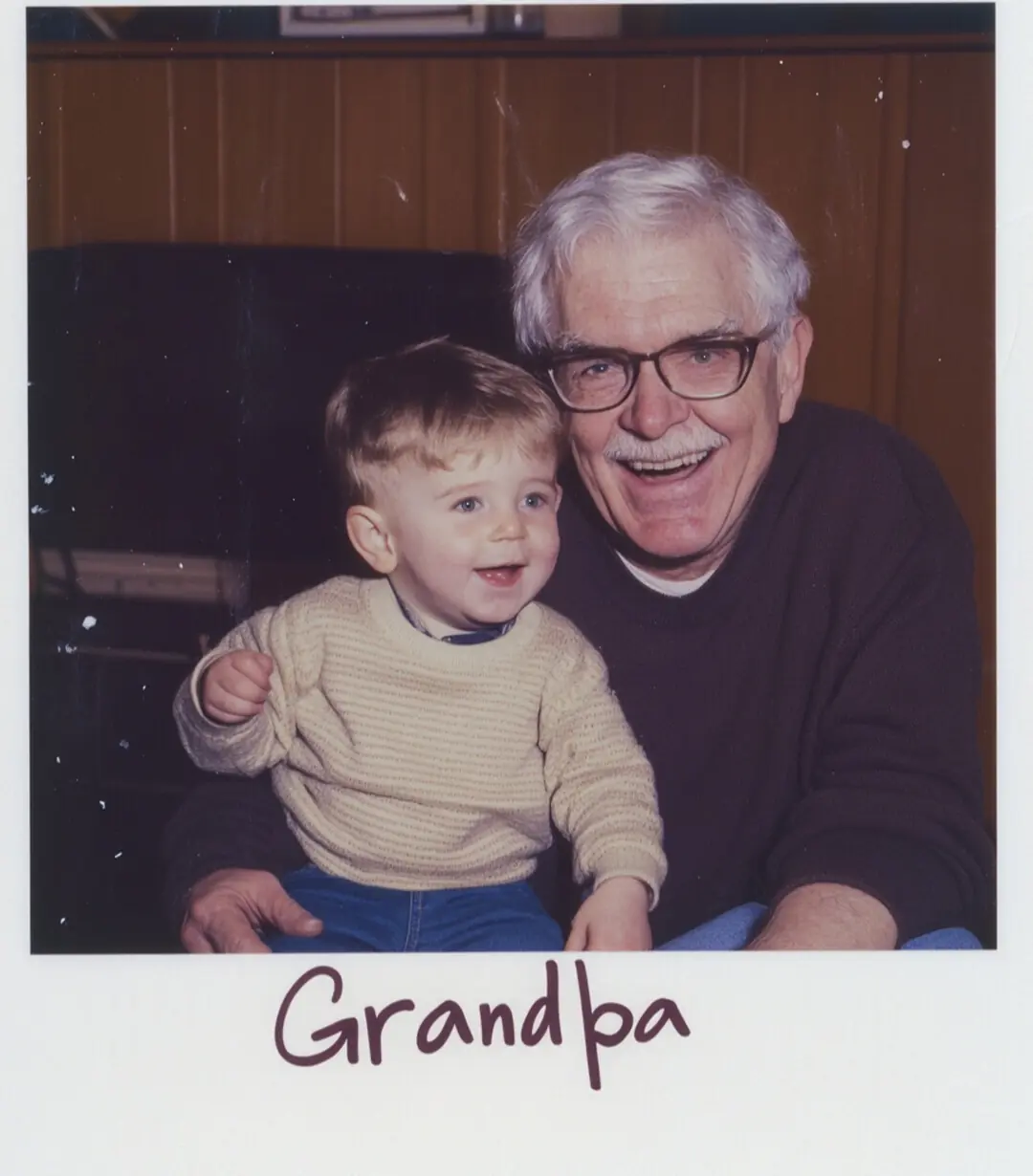
Dying Grandson Poses as Tenant to Spend Final Weeks with Estranged Grandfather
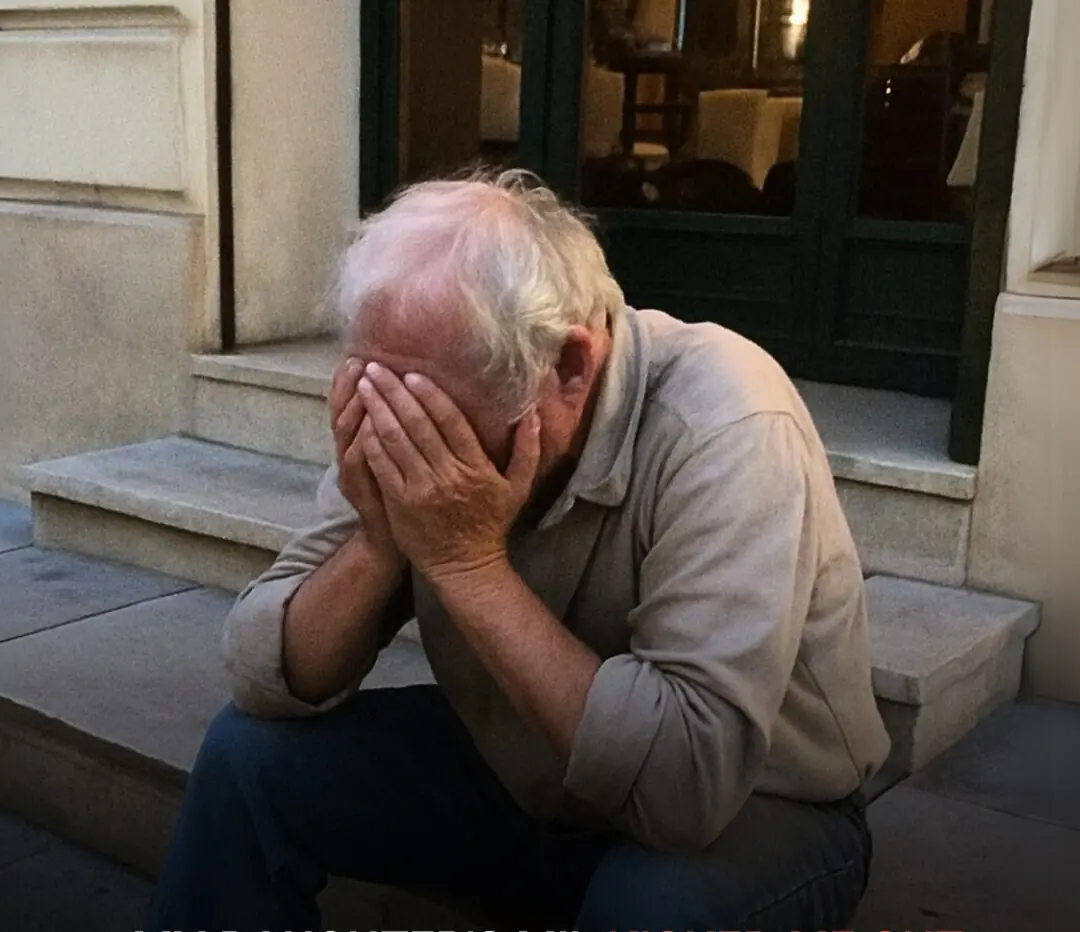
My Daughter's MIL Called Me a Beggar and Kicked Me Out of My Granddaughter's Birthday Party

My Neighbor Poured Cement over My Flower Garden Because the Bees Annoyed Him—He Never Expected Payback from the 'Sweet Old Lady' Next Door
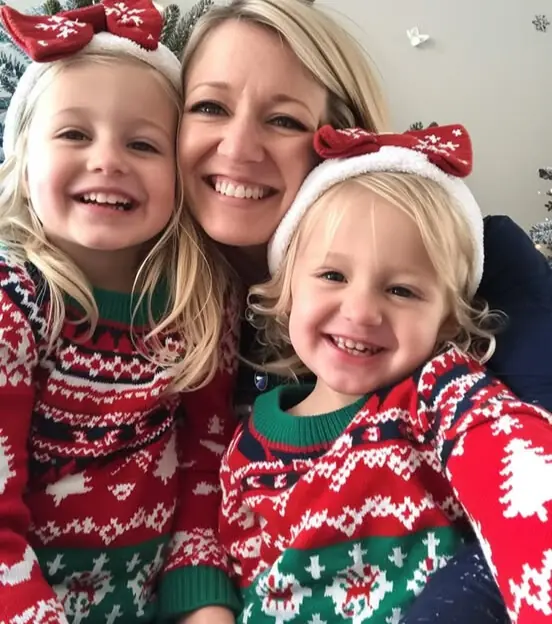
My MIL Kicked Me and My Kids Out of a Family Photoshoot Because We Weren't Wearing Matching Christmas Pajamas
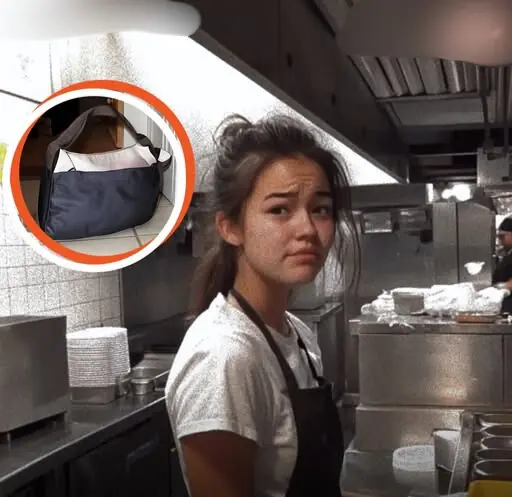
Boss Fires Young Dishwasher Suspecting Her of Theft, Apologizes in Tears After He Opens Her Bag
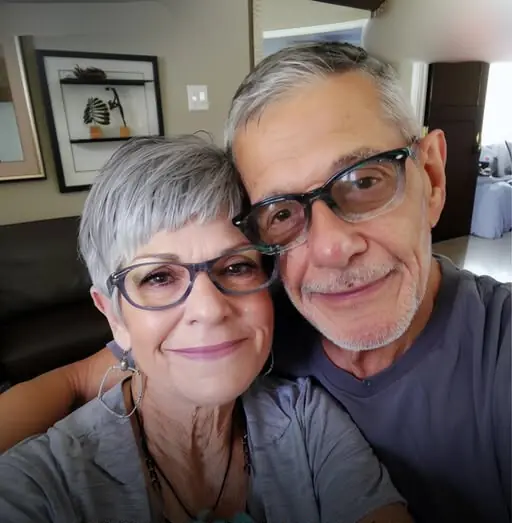
Woman Asks Husband of 30 Years for Divorce Even Though He'd Done Nothing
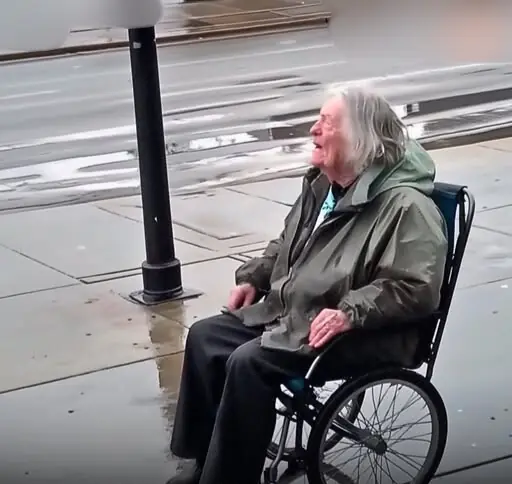
Son Leaves Mom in Wheelchair on the Street, Year Later Sees Her Coming to His House on Her Feet
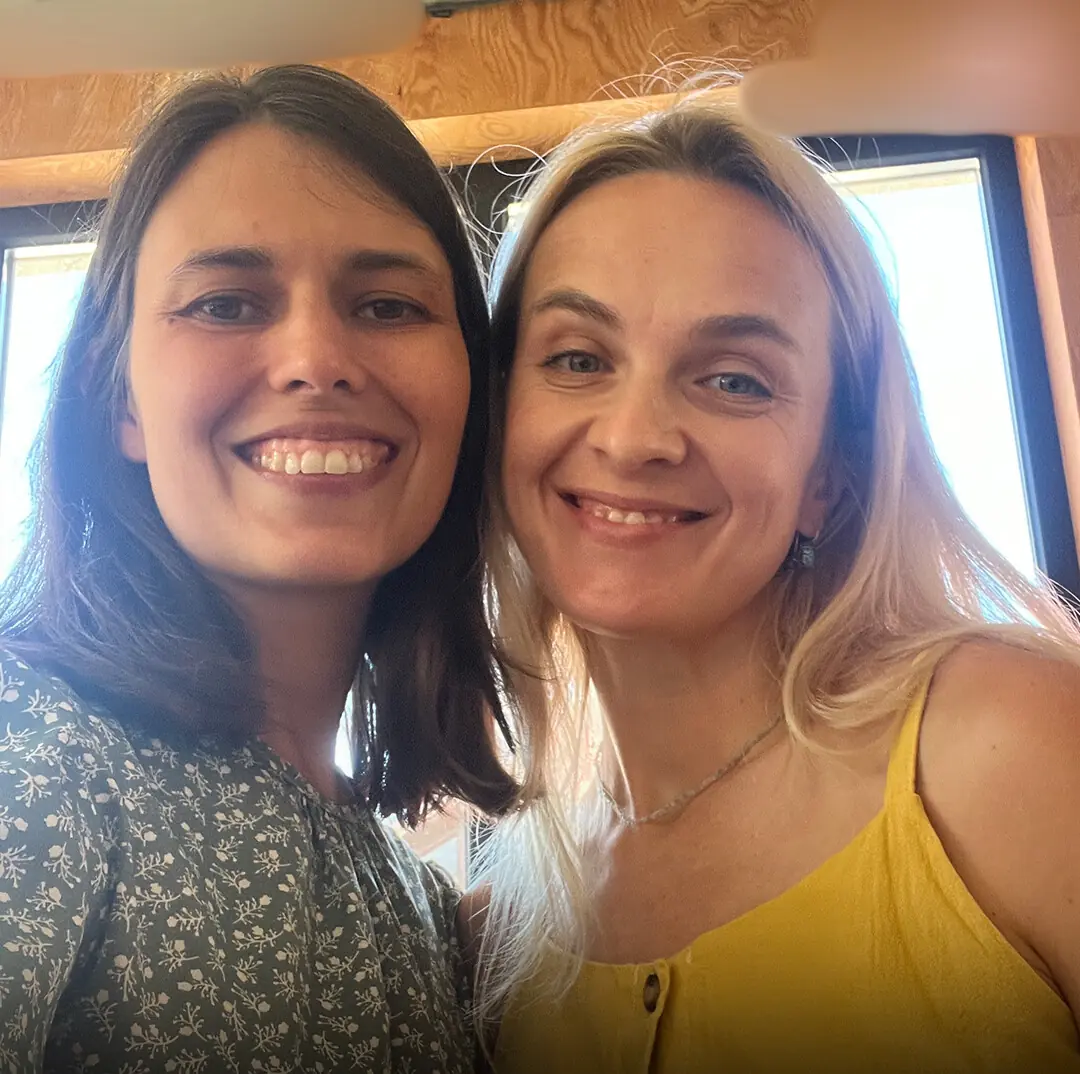
The Woman Who Wanted My Life Was Already in My House
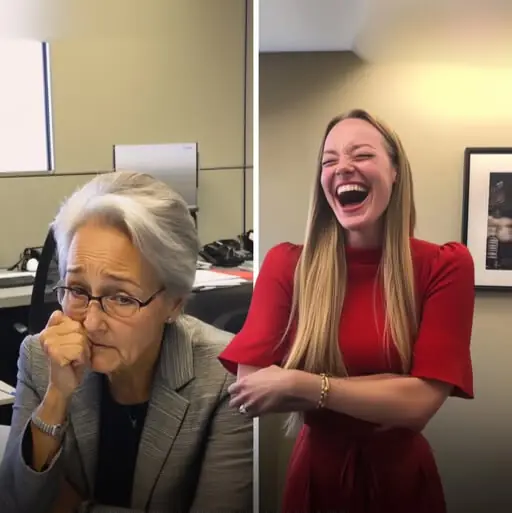
Woman Mocked Me for My Age Only to Share Dinner as My Son’s Fiancée the Very Next Day
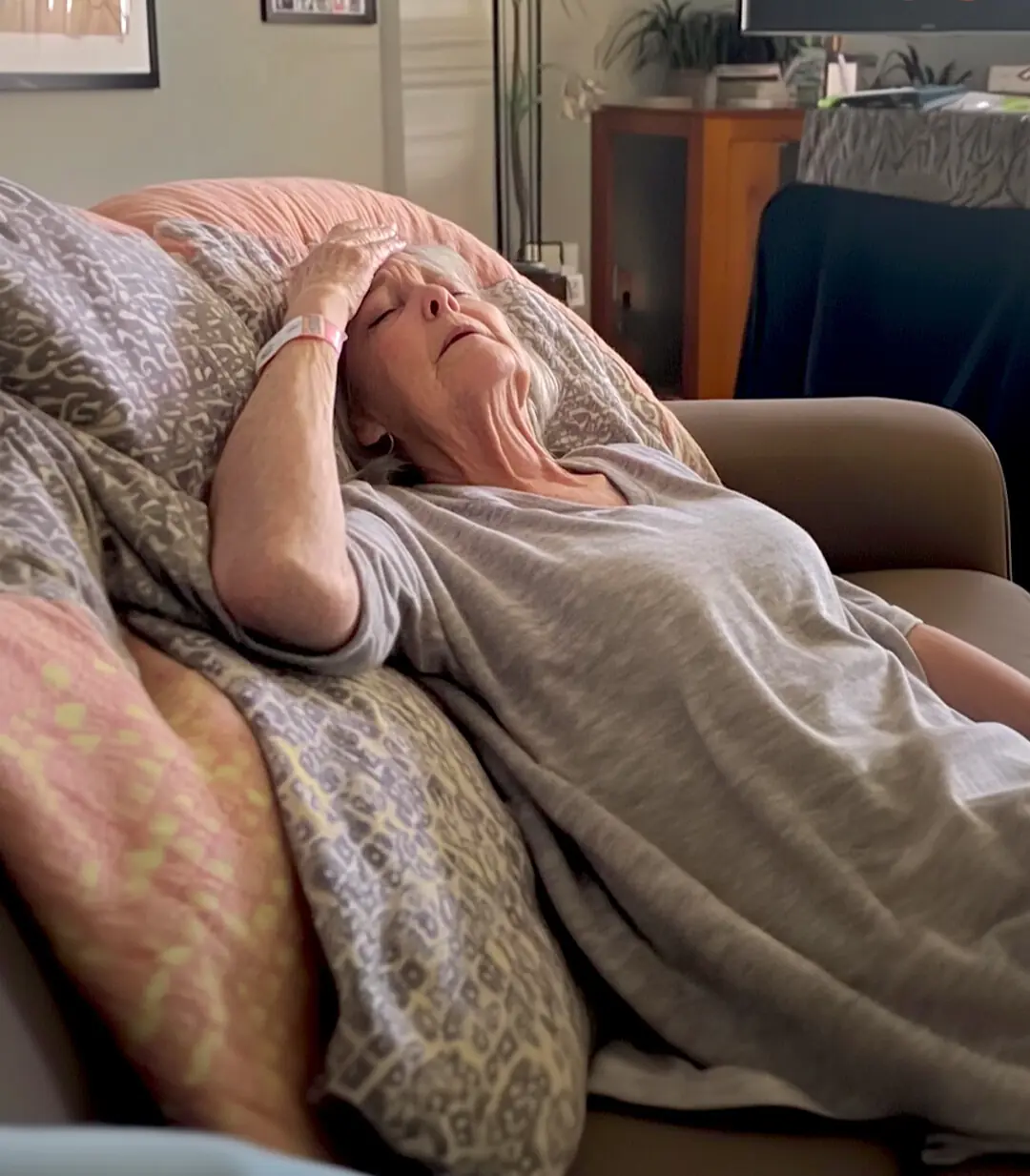
My Husband Sent Me to Care for His Sick Mother While He Went to a Resort with His Mistress, Unaware It Was All Part of My Plan
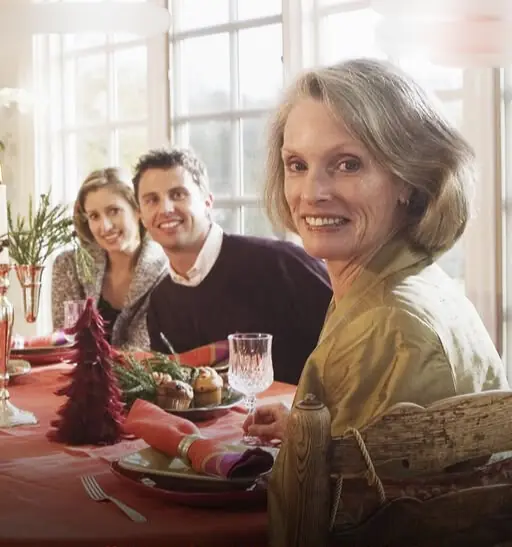
Lady Informs Fiancé's Family She Is Pregnant, 'He's Infertile!' His Mom Says

I Was Critically Ill and Begged My Husband to Come Home – He Kept Texting 'Almost There,' but Then His Coworker Told Me the Truth
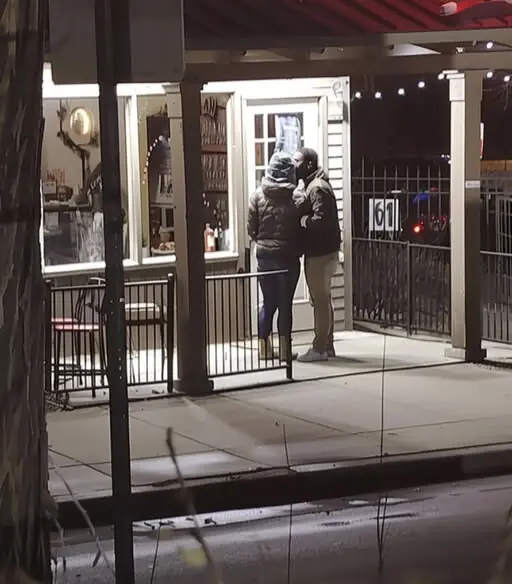
I Helped My Husband Get Back with His First Love but Didn't Know What I'd Go Through
News Post

5 Common Food and Drinks That Can Be Just as Bad for Your Liver as Alcohol
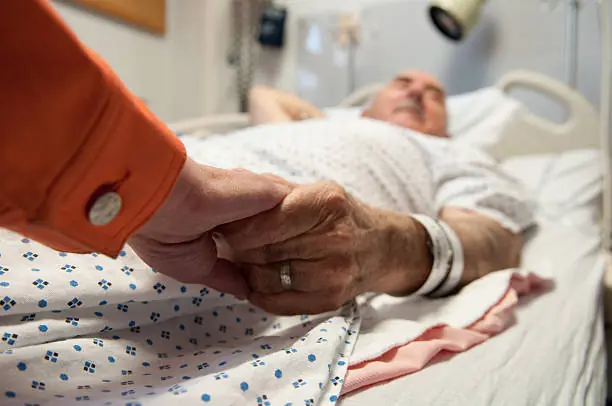
3 Signs Your Parent May Be Nearing the End of Life — How to Prepare for What’s Ahead

The science behind eye ‘sleep:’ What that crust really is

They will disappear in 1 minute! ❗️ 100-year-old recipe from my favorite grandmother!

How to Naturally Clear Phlegm and Mucus from Chest and Throat
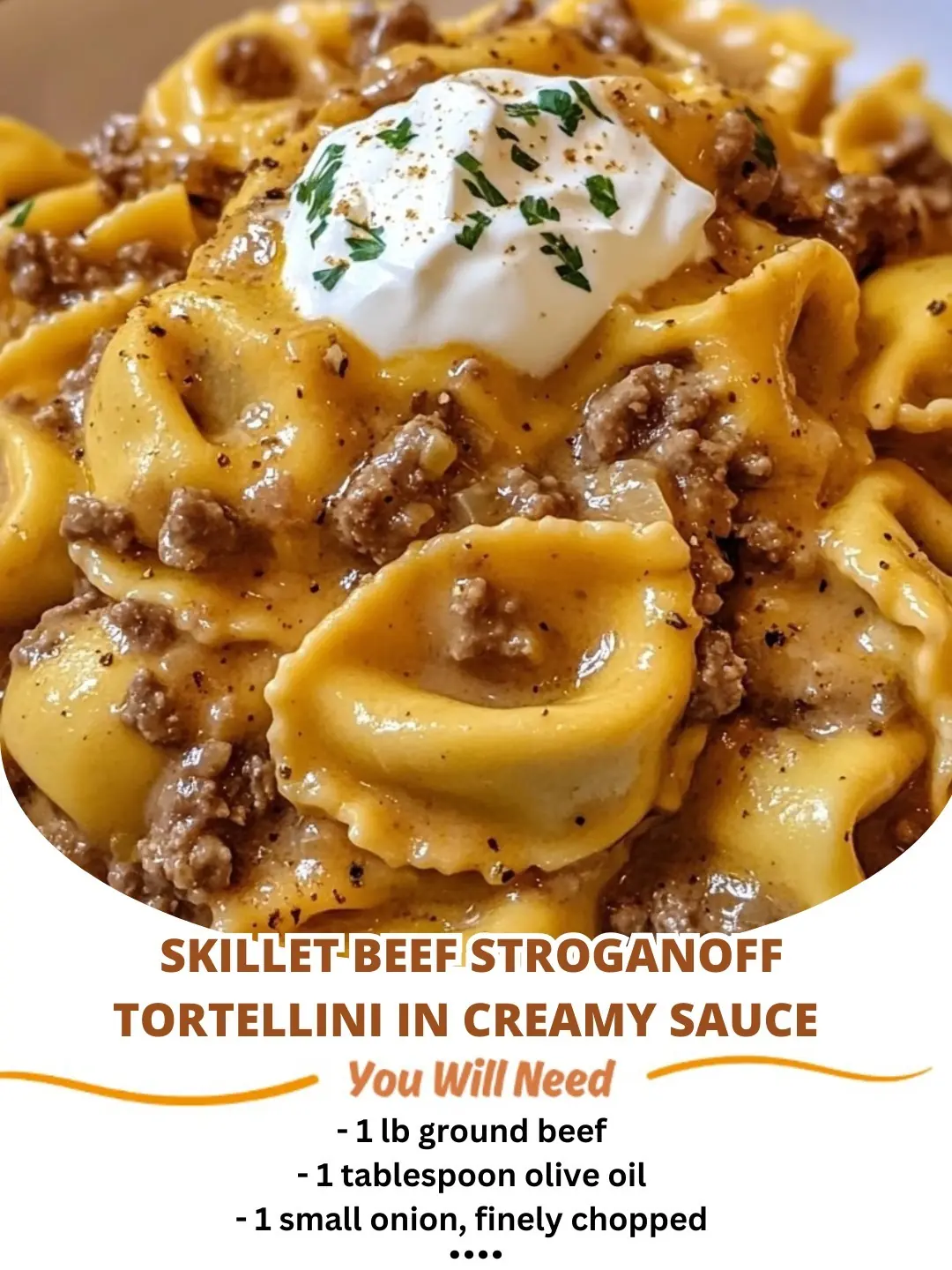
Skillet Beef Stroganoff Tortellini in Creamy Sauce 🍝🍖🧄🌿

Chewing Cloves Daily: A Tiny Habit with Massive Health Benefits

Sida Acuta: The Powerful Herb You Never Knew You Needed
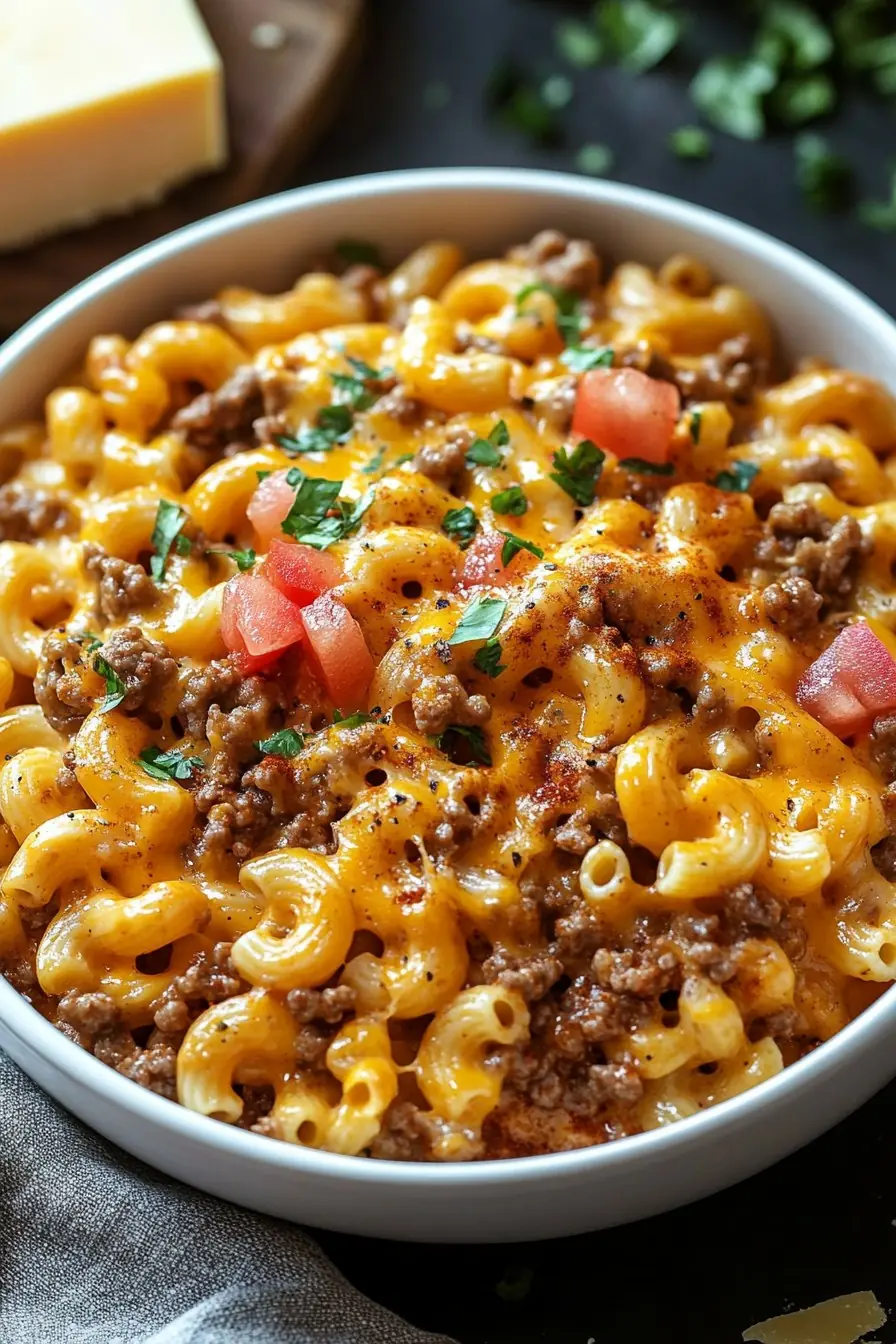
Taco Macaroni and Cheese

Chocolate Chip Cookie Dough Brownie Bombs

What This Oncologist Notices First in Most Cancer Patients Might Surprise You
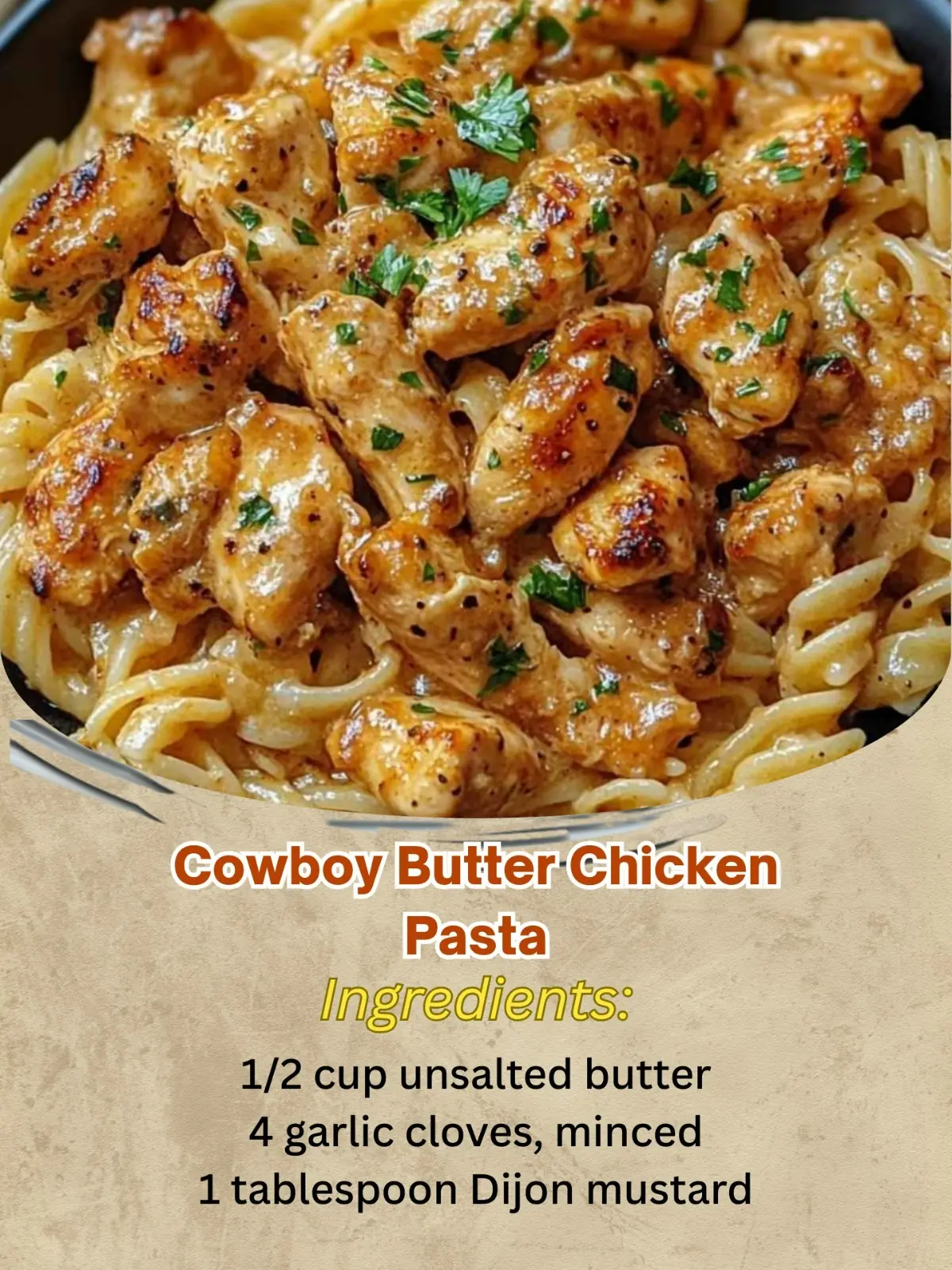
Cowboy Butter Chicken Pasta: A Flavorful Twist on a Classic Dish!
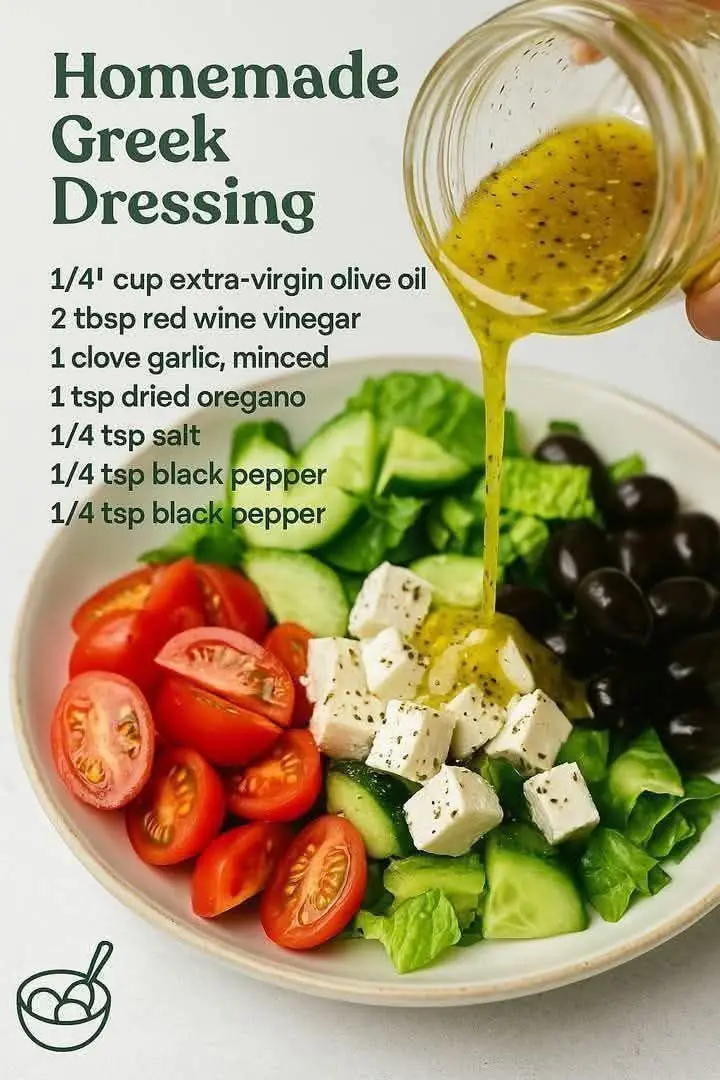
Homemade Greek Vinaigrette – Instructions

creamy-strawberry-apple-punch
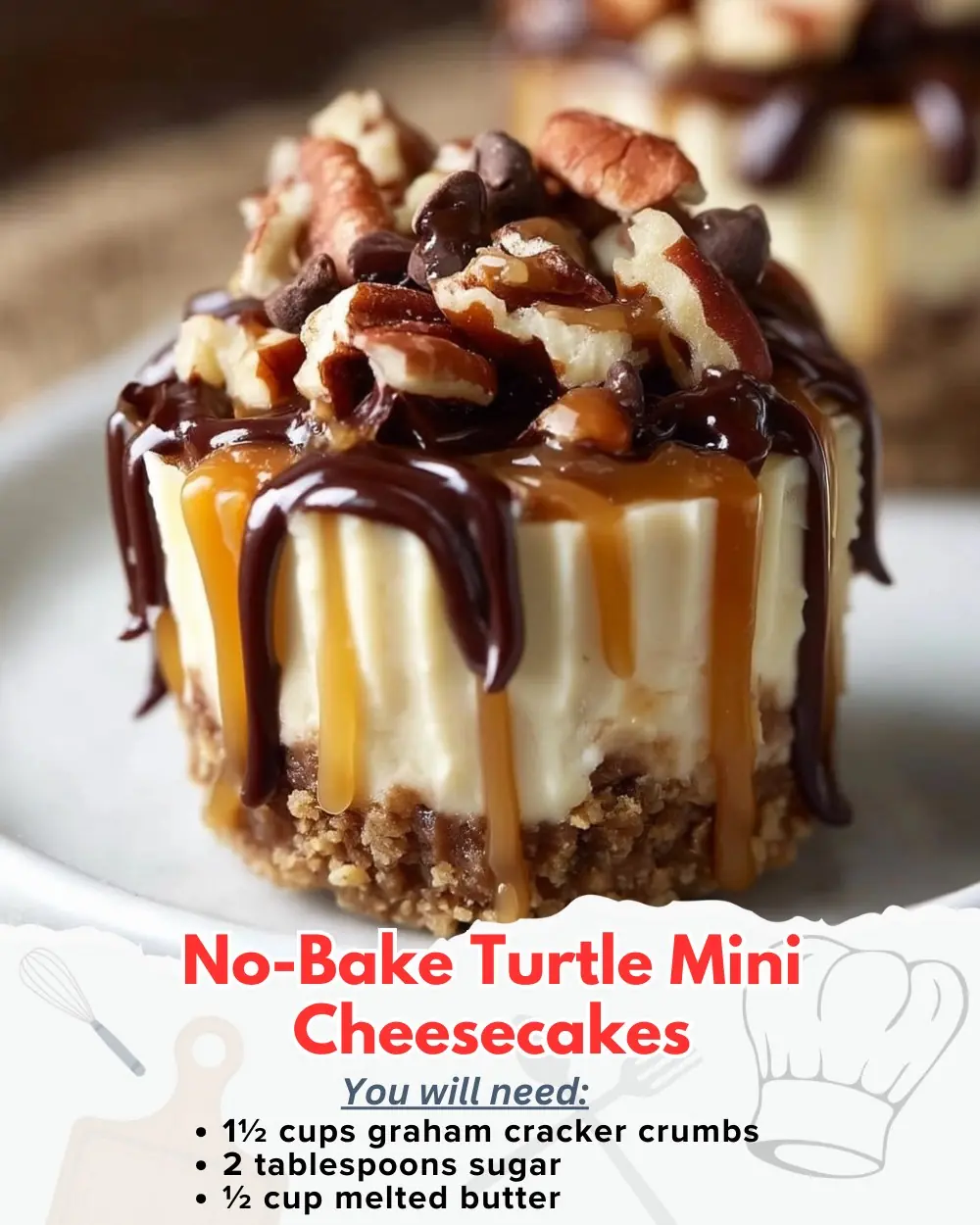
No-Bake Turtle Mini Cheesecakes

Aneurysm: Signs You Shouldn't Ignore

This is What Measles Does to Your Body

I Walked Out of My Own Birthday Dinner in Tears from Humiliation After My Fiancé's 'Surprise'
